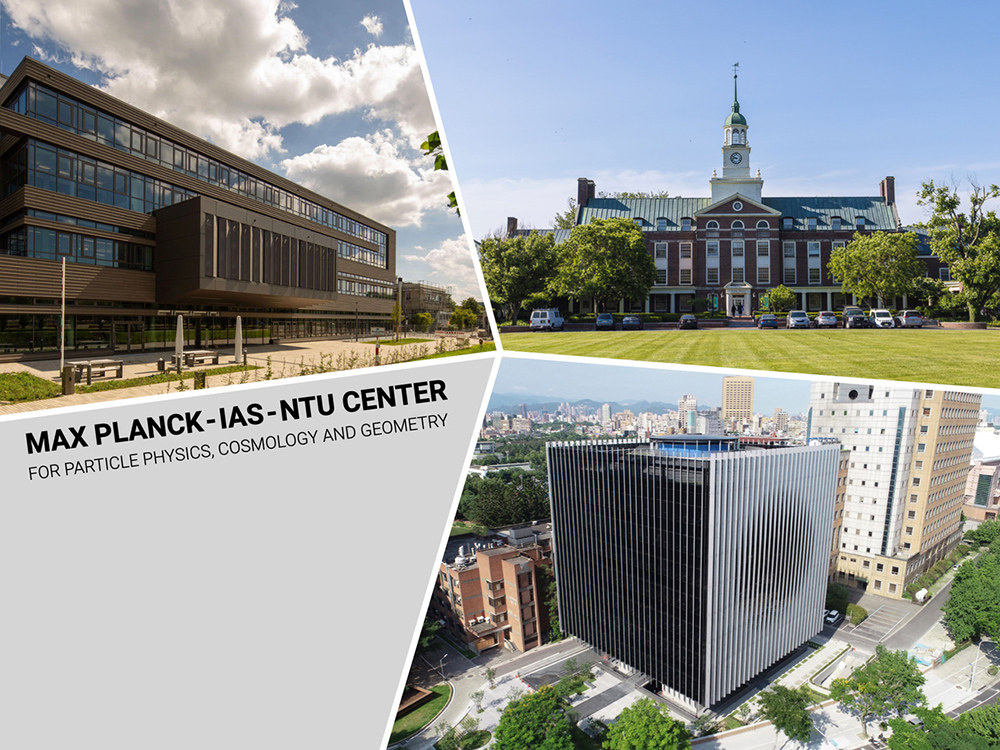
A Distinguished Global Research Center Established at NTU under Trilateral Cooperation
瀏覽器版本過舊,或未開啟 javascript
請更新瀏覽器或啟用 javascript
Spotlights
MOU signing ceremony and symposium between NTU and Stanford University.
VIPs at the MOU signing ceremony.
NTU Interim President Kuo addresses the audience at the signing ceremony.
NTU signed a Memorandum of Understanding (MOU) with Stanford University on NTU campus to pursue research collaboration on the application of artificial intelligence (AI) to biotechnology and healthcare on September 17, 2018. The partnership between the two universities is promoted by the All Vista Healthcare Sub-center, one of two sub-centers of the Joint Research Center for AI Technology and All Vista Healthcare founded by the Ministry of Science and Technology (MOST) of Taiwan. Dr. Yu-Chin Hsu (許有進), Deputy Minister of MOST, graced the signing ceremony to present his congratulations. NTU Interim President Tei-Wei-Kuo (郭大維), Dean of Medicine Shan-Chwen Chang (張上淳), Co-director of MOST AI Center Li-Chen Fu (傅立成), and Associate Dean Karl Sylvester for Maternal Child Health at the Stanford School of Medicine signed the MOU to complete the ceremony.
By signing this MOU, both parties will deepen the existing collaborations and develop partnership on the application of AI to biotechnology and medicine. To ensure that the collaboration is mutually beneficial and aligned with the strategic intentions of both sides, action items for the collaboration will be further discussed. These items will include, but not limited to: (1) talent education, (2) biotechnology programs for the development of AI-enabled technologies in medical, biological, and life science research areas, (3) construction of medical data, information systems, and data warehouses, (4) applications of AI to diagnostics and healthcare for high-risk patients, and (5) other translational research and development projects. It is expected that the NTU College of Medicine, NTU Hospital, and Stanford School of Medicine will collaborate to build a research cluster of AI in biotechnology and medicine.
Founded by MOST and based in NTU, the All Vista Healthcare Sub-center specifically emphasizes the use of AI in biotechnology and medicine. The center is with strong intentions to promote this partnership not only because both sides have been partner universities for years with frequent international collaborations and talent cultivation/exchange programs, but also because the concerted effort of the two top-notch universities in Taiwan and the United States may advance this latest and multidisciplinary field to mark new milestones in biotechnology and smarty health.
A symposium titled, “Application of Big Data and AI in Population Health,” was held after the signing ceremony, and three talks were presented. In his talk, “Metabolic Phenotyping-Measuring Health and Risk of Disease-the Newborn Experience,” Dr. Karl Sylvester indicated that his research group is developing metabolic phenotyping approaches to provide measurable phenotypes and assess risks of acquired diseases during pregnancy and the newborn period, in hopes of predicting diseases and suggesting prevention strategies in the future.
Prof. Bruce Xuefeng Ling from Bio-X, Cancer Center, CHI, Stanford University, talked on “Predictive/preemptive AI Solutions for Population Health.” Prof. Ling presented several approaches that his research group has been working on, including the integration of big multiomics datasets using AI to define the molecular profiles and relative health risks against population baseline, and analysis of population risks by integrating clinical information to risk-stratify the population to introduce preventive or targeted care.
The last talk, “Application of Big Data in Subhealthy Population: Chance and Challenges,” was presented by Prof. Han-Mo Chiu (邱瀚模), who is a clinical professor in the NTU Department of Internal Medicine and Chief of the Health Management Center of NTU Hospital. Prof. Chiu pointed out the unmet need to prevent noncommunicable diseases (NCDs) related with the subhealthy group (70% of the general population), as NCDs have caused more than 70% of mortality in the world. He believed that the analysis of big data from clinical information using AI could provide a powerful disease prediction model for primary and secondary prevention of NCDs, while the main challenge is to overcome the constraints of research on healthy population through regulations such as the Personal Information Protection Act in Taiwan.

A Distinguished Global Research Center Established at NTU under Trilateral Cooperation
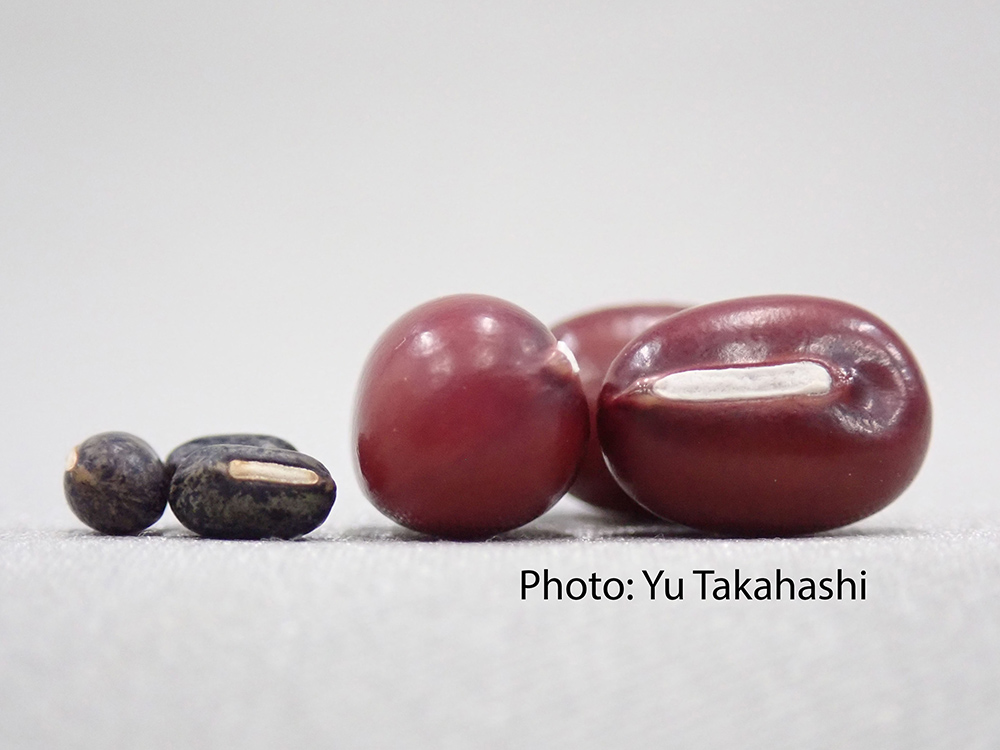
Collaborative study between NTU and Japan uncovers the origin of Adzuki Beans and agriculture in Japan
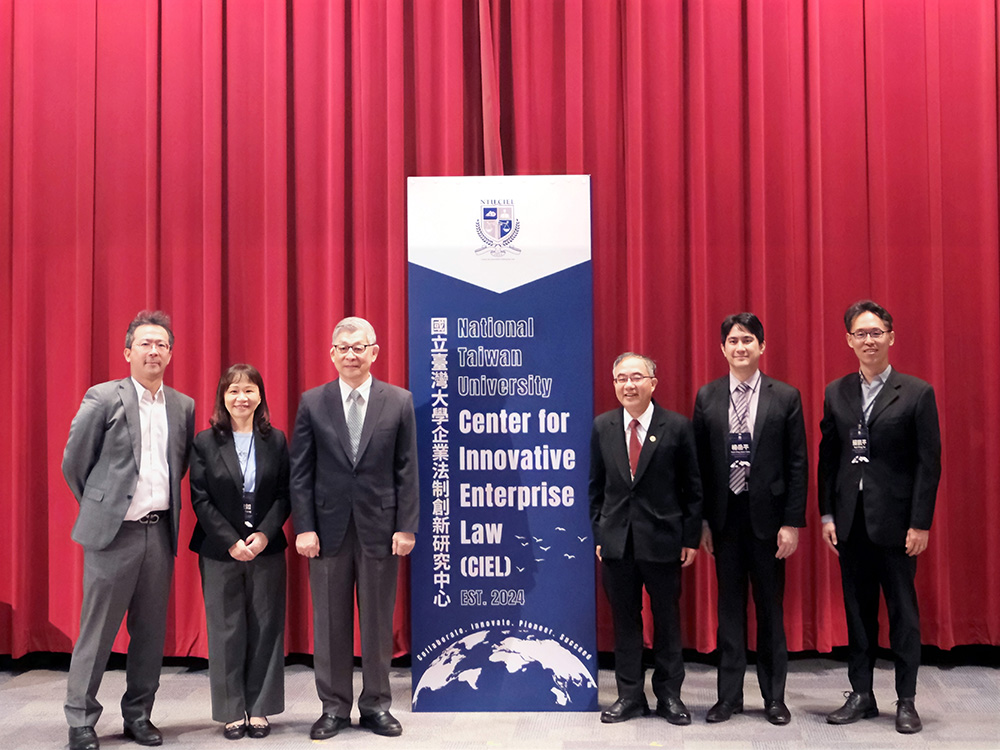
NTU Launches Center for Innovation in Enterprise Law—with Forum Highlighting Trump’s Policy and Legal Shifts Amid Geopolitical Tensions
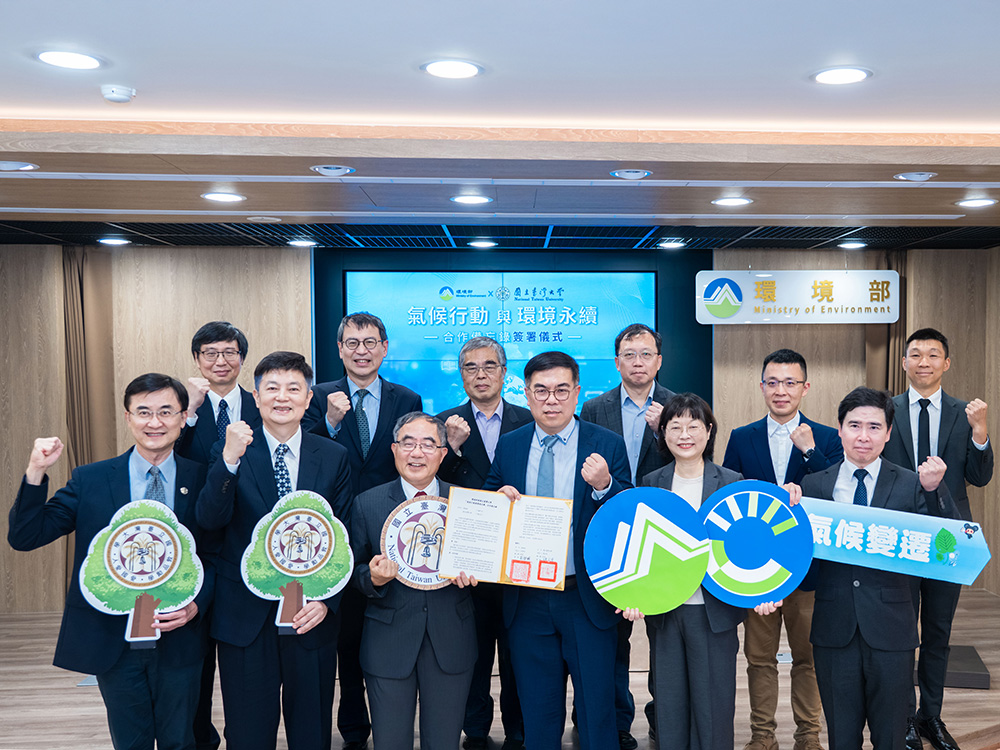
NTU and Ministry of Environment Sign MOU to Advance Net-Zero Transition and Environmental Resilience
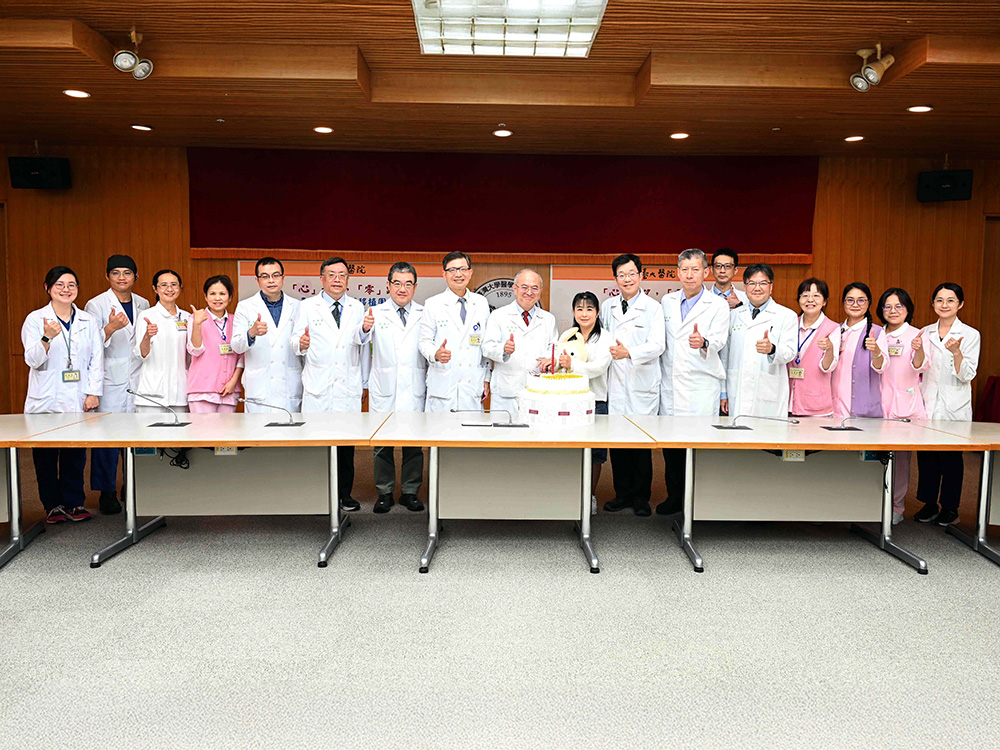
NTU Hospital’s Cardiac Transplant Team Pioneers Beating Heart Transplant with Zero Ischemic Time
Current Spotlights